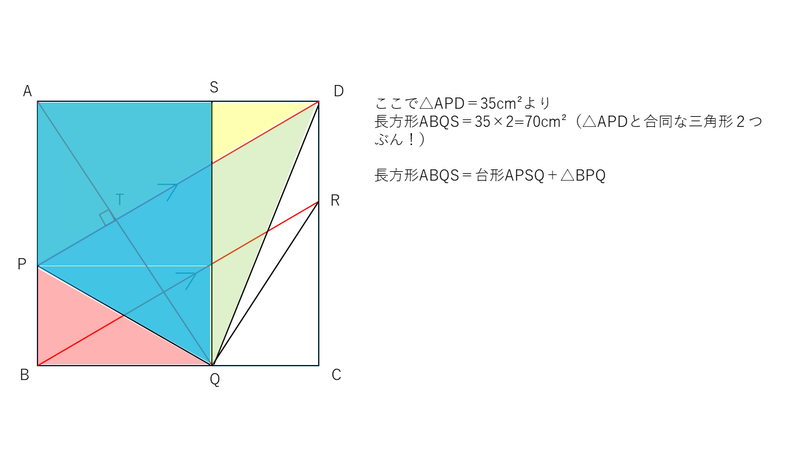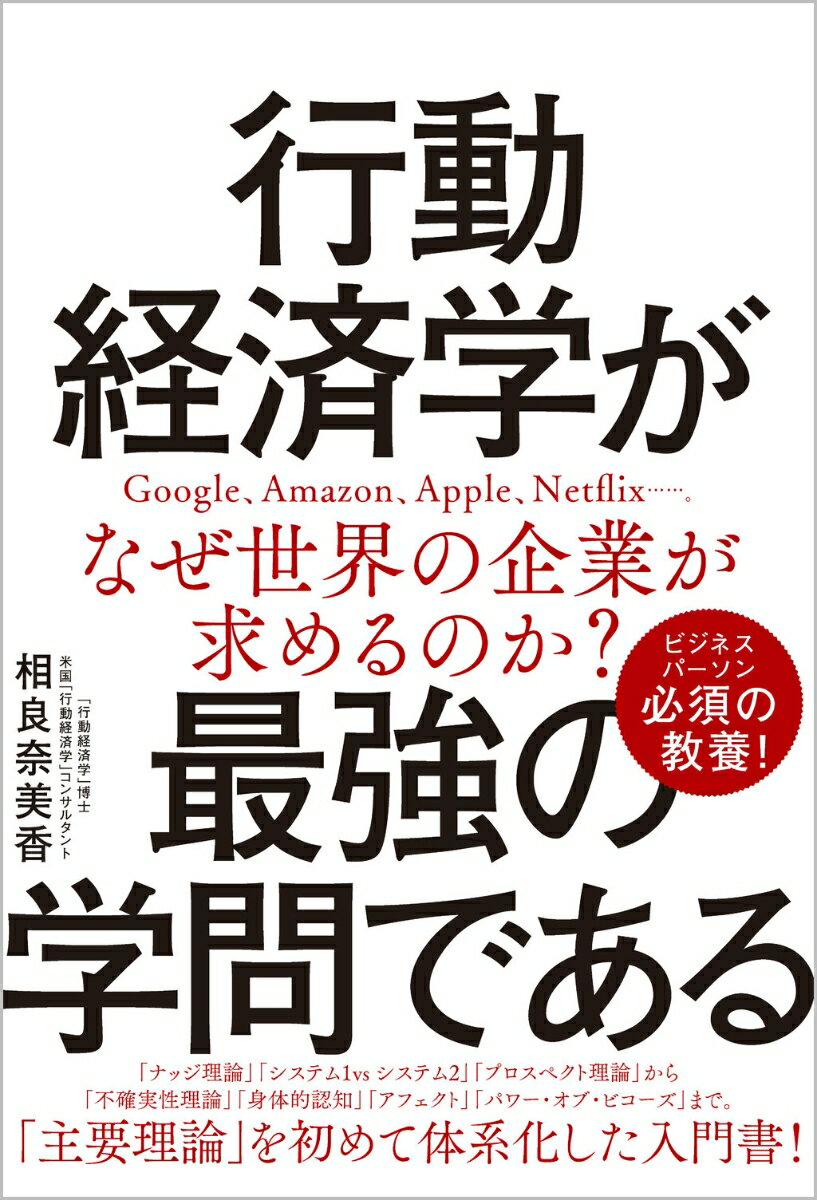こんにちは!学習塾チェックマンです。
https://www.gakushujuku-checkman.com
本日は中3第一回北辰テストが実施されました。
毎年恒例になってきました。解説ブログ!
毎回同じことを書きますが、
結果よりも、この後の行動が大切ですよ!
具体的には…
・自己採点は今日中に必ずやりましょう。
(受けっぱなしほど、もったいないことはありません。)
・解き直しをしましょう。
(わからなかった問題ほど、あなたの今後に大きな価値を、実りをもたらすでしょう。)
同じ日の同じ内容の模試を受けても、
そのあとの行動によって大きな差が生まれることは間違いない!
さぁ、それでは参りましょう、1発目は数学!
問題を掲載するわけにはいかないので、今日テストを受けてきた人は
問題と解答・解説をお手元に用意。
自己採点がてら、解き直しがてら読んでみてください。
大問1
(6)方程式小数バージョン!難易度自体はたいしたことないですが、レアパターンですね…。
両辺を10倍して小数をはらって計算しましょう。
(7)反比例の変化の割合。ここも出ないことはないですが、レアパターン。
変化の割合=xの増加量/yの増加量 です。
きちっと理解していないと何をやったらよいかわからなかったのではないでしょうか。
(9)角度に関しては
・n角形の内角の和=180°(n-2)
・多角形の外角の和=360°
・1つの内角+1つの外角の和=180°
この3つを使えるようにしましょう。
九角形の1つの外角は360°÷9=40° よって1つの内角は180-40=140°
同様に五角形の1つの内角は108°だから
∠x=140°-108°=32° です
(10) ねじれの位置は
①CDを含む面をつぶす(今回は面ABCE・面CDF)
②CDと平行な辺をつぶす(今回は①でつぶし終わっているので無し)
→残った辺がねじれの位置!でだいたいイケますよ。
(11)方程式の文章題
北辰テストの特徴に「式の一部が与えられている」ということがあります。
今回なら ア = 4800 の4800は学校から駅までの距離を表していますから
アには学校から駅までの距離を表す式を。
y = イ 公園から駅までにかかった時間をy分としていますから、
イには 時間を表す式を書ければよいですね。
②に関してはx,yを求めただけで安心しないように!
大問2
(1)作図
「円の半径と接線は垂直に交わる」性質を利用します。

作図も配点が大きいため、パターンを練習していきましょう!
(2)文字のままだと考えづらい人が多いでしょうから、数字に置き換えて考えましょう。
a,bはともに負の数で、a-b>0が成り立つ、とありますから
a=-2 , b=-3などと置き換えて考えてしまうのが手っ取り早い!
ア、-a=2 イ、-b=3 ウ、a+b=-5 エ、b-a=-1
よって 小さい順はウエアイです
(3)樹形図でもいいですが、2つのものを取り出すときは表が便利ですよ。
(4)はい、ムズイ。まず立体の形を想像するのが至難の業。
正確にイメージできれば計算自体は大したことないですが、
この立体をイメージするのは相当キツイと思います。できた方はアッパレ!
大問2の(4)では展開図から立体を組み立てたり、いびつな形の立体の体積、
また軌跡の問題が出題されることが多く、今回に限らず難易度が高くなりがち。
ここで時間を使いすぎないことが大切。
なかなか解法が思い浮かばなかったら、スパッと次へ進みましょう。
(5) 規則性の問題はガイドがしっかり書かれているので、
先ほどとは逆に多少時間をかけてでもしっかり読み取りましょう。
①ア ここが正答できていないのは困りものですよ!
理解力うんぬんではなく試験に臨む姿勢を疑問視します!徹底指導!!
②イ 表をみれば1,4,9,16… とあります。これはもう、平方数で決まり。よってn²です
ウ これもイがn²とわかれば、n²+nになっていることは読み取れたと思います。
大問3 関数
(1) 2直線の交点の座標は 直線の式同士を=で結んで方程式を解く!
(2) 座標を文字で置いていくパターンは北辰対策補習で練習しましたが、どうだったでしょうか?
正直まだまだ練習が必要だと思います。
北辰や埼玉県入試の関数は解法がある程度絞られるので、
練習を積み重ねればパターン化できます。関数は得点源にしましょう!!
大問4 平面図形
(1)証明 満点解答よろしく!
(2) お決まりのパターンですね。(1)の合同を利用すればスグ正解できたと思います。
(3) ムズイ!
かなり問題量をこなさないと解法がなかなか思いつかないかと思いますが、
充分経験を積んでいくと、
「元の正方形の面積が書かれていないからAQ=13cmの13cmは面積を出すのに使うんだな」
と推測できます。
以上、今回の数学は「難しい」です。
学校選択問題採用校を志望校にしている人は
大問2(4)や大問4(3)に解きなおしの力点を置いてしまう人が多いかと思いますが、
それは時期尚早。
その2問以外の91点分をしっかり解きなおししましょう![]()
自己採点をして50点に届いていない人は、やはり基本を徹底反復![]()
大問1+大問2作図&確率&規則性①+大問3(1)+大問4(1)(2)で76点分もあるんですよ![]()
この76点分を徹底反復しましょう![]()
自己採点後、解き直しのタイミングは2回!
①テストが終わった今日のうち
②結果返却された際
今は結果が大事ではありません。
この行動を毎回積み重ねていけるかが大切です。
しっかり継続できたひとは、必ず良い結果もついてきますよ![]()
★★★★★★★★★★★★★★★★★★
お問い合わせは下記ウェブサイトから承ります。
https://www.gakushujuku-checkman.com
・宮代・杉戸の学習塾 チェックマン東武動物公園校
・幸手・久喜の学習塾 チェックマン幸手校
・越谷の学習塾 チェックマン越谷校
★★★★★★★★★★★★★★★★★★★








































